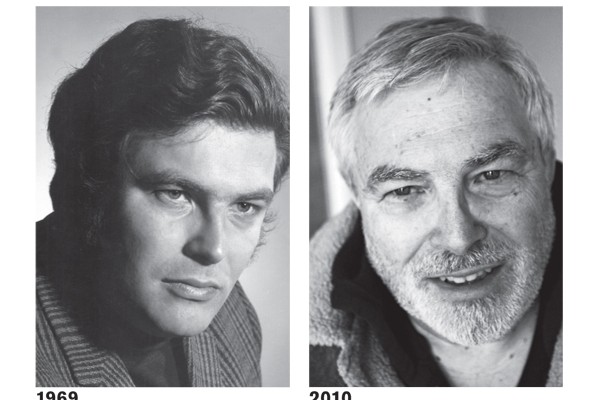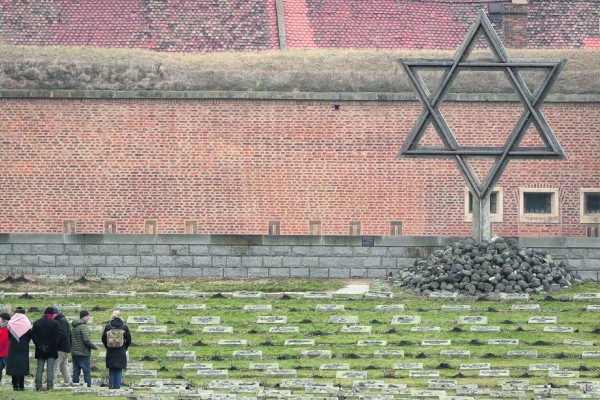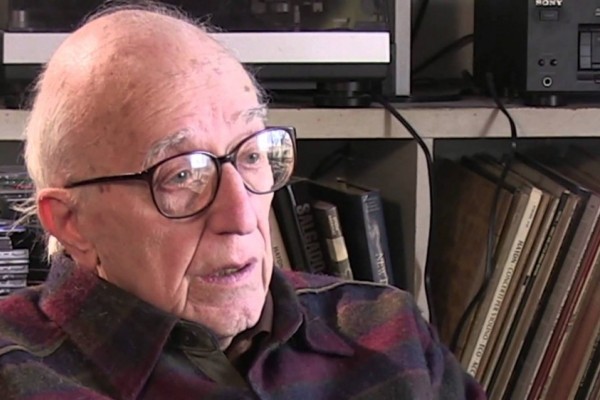Web Exclusive: Revisiting Chomsky
What is to be Done?
Noam Chomsky’s 1967 foundational essay “The Responsibility of Intellectuals” has lost none of its relevance today. Drawing on the works of Dwight Macdonald, Chomsky suggests that intellectuals have a responsibility to speak the truth and expose lies. After a strong critique of how intellectuals have failed miserably at meeting these basic responsibilities, Chomsky concludes with a return to Macdonald’s work. His final paragraph is worth quoting in full:
Macdonald quotes an interview with a death-camp paymaster who burst into tears when told that the Russians would hang him. “Why should they? What have I done?” he asked. Macdonald concludes: “Only those who are willing to resist authority themselves when it conflicts too intolerably with their personal moral code, only they have the right to condemn the death-camp paymaster.” The question, “What have I done?” is one that we may well ask ourselves, as we read each day of fresh atrocities in Vietnam—as we create, or mouth, or tolerate the deceptions that will be used to justify the next defense of freedom.
Looking at the situation in Palestine, Iraq, Columbia, Honduras, Afghanistan, Pakistan, and parts of Africa suggest that this is indeed a question we may well ask ourselves. To what extent have we become the death-camp paymaster? To what extent have we created, mouthed or tolerated these profound acts of violence and injustice?
If we believe in the notion of a democratic society, it follows that we bare responsibility for actions taken by our state. But Macdonald’s point speaks beyond state affairs to matters which conflict with moral principles. If an authority commits or imposes something that deeply conflicts with one’s moral code, this authority must be resisted. Chomsky builds on this by suggesting that mere toleration of this authority is an act of complicity. And these acts of authority are often plain for all to see. “The trouble is that once you see it, you can’t unsee it,” writer and activist Arundhati Roy says. “And once you’ve seen it, keeping quiet, saying nothing, becomes as political an act as speaking out. There’s no innocence. Either way, you’re accountable.”
The most recent crisis of capitalism has—much like the numerous foreign policy crusades listed above—taken a visible human toll. One need not be an expert in economics to grapple with some basic facts. The United Nations issued a report on the impacts of the economic crisis in June of 2009. The report presents some very clear and accessible information. Early in the report, it is noted that “children, women, the working poor, migrants and people already at a disadvantage are most vulnerable” to the economic crisis. These facts may not illicit immediate reaction, until the figures of this vulnerable population are revealed. Chronic hunger and poverty now affect one sixth of all humanity, according to estimates published by the Food and Agriculture Organization in 2009. The financial crisis has exacerbated these trends, with the potential of increasing infant mortality rates by 400,000 per year, according to the UN report.
Sitting in our place of comparative leisure and comfort, these figures beg the question: to what extent have we created, mouthed or tolerated these profound injustices? A system which permits such levels of misery and inequality is clearly a failed system. “There is a flaw in the model,” as Greenspan would put it. This “flaw,” according to the UN report, has resulted in the displacement of millions of workers, caused a significant setback in achieving the Millennium Development Goals, and will invariably place social strains on countries for decades to come, the likes of which have not been seen since World War II. This isevidently not a simple “flaw.” This is a signal of systemic failure, and perhaps, nothing less than the full-scale replacement of our current economic and social order is required.
And yet, authorities are perpetuating this system on a daily basis. Do we not have a responsibility to resist these authorities? To what extent have we created, or tolerated, the very system which provides us with our daily sustenance? And however compelling efforts of resistance may be, recent events suggest an acceleration of this dangerous trajectory.
The rising conservative tide in many parts of Europe, coupled with fascistic tones of “homeland security,” the Patriot Act and the rise of the Tea Party in the United States all suggest the world is polarizing.
Perhaps the clearest sign of insanity is perched in the far north, where global warming continues to cause a significant retreat of polar ice sheets. Like the economic crisis, any rational person would take immediate action to mitigate or reverse these trends. Quite the opposite is happening. Instead, our wise statesmen regard this environmental catastrophe as an economic opportunity. Melting ice sheets are opening the Northwest Passage to deepwater freight traffic and, more importantly, to untapped oil and natural gas resources. These resources are estimated to account for 22 percent of “undiscovered” global resources, according to a 2008 U.S. Department of the Interior Geological Survey.
Naturally, massive propaganda and financial resources are being thrown at this cash-crop by states in the region. The Canadian Department of Foreign Affairs and International Trade recently offered 10 fellowships of $5,000 each to graduate researchers who submit papers on “Canada’s Role in the Circumpolar World.” Research must focus on “the Arctic Council as a mechanism to advance Canada’s foreign policy objectives.” Just one month prior to this call for submissions, Prime Minister Stephen Harper was taking part in Operation Nanook, a military exercise demonstrating Canada’s “unyielding resolve” to keep the true north strong and free.
The Conference of Defence Associations held a “Canada’s Security Interests Conference” at the Royal Military College on October 28, which invariably saw some of this research funding put to work. Topics of the conference included counterinsurgency, emerging issues for NATO, and a handful of discussion panels on “Arctic Sovereignty,” whatever that means.
Aside from grooming these new mandarins of Ottawa, the mainstream media is also doing its part. Waves of nationalistic coverage mark an evident yet subtle revival of Cold War language, propaganda and even hysteria. After Canadian fighter jets scrambled to intercept a Russian bomber flying toward Canadian airspace in February of 2009, defence minister Peter MacKay said “any country that is approaching Canadian airspace, Canadian territory, will be met by Canadians.” These military provocations are never far when discussing the north.
Surely, in the midst of this global chest thumping, powerful elites like MacKay must pause for a moment and recognize their insanity. We can assume—giving these elites the benefit of the doubt—that these are rational individuals. The natural gas and oil resources they are vying for are evidently the root-cause of global warming, and they must recognize this.
They must also recognize that humankind has developed sufficient intellectual and social capacities to foresee that further exploitation of these resources goes against our basic principles of survival. It follows that any competent journalist would stand before these rationally minded elites and ask: what are you lunatics doing?
It is in this context of unjust wars and violence, systemic economic failure and continued environmental degradation that we can situate Chomsky’s founding political essay. In light of these realities, “what have I done?” is a question that we should undoubtedly ask ourselves. What have we done “as we create, or mouth, or tolerate the deceptions that will be used to justify the next defense of freedom?”
Matthew Brett is a graduate student at Concordia University.










